Explore Our Schools
South Dakota tops the list as the most affordable state to get a college degree. Additionally, with one of the lowest unemployment rates in the country, we have everything you need to get the most out of your degree.
Earning a post-secondary degree can provide numerous benefits such as better networking opportunities, job security, and future satisfaction. In addition to academic knowledge, you can also gain valuable skills like time management, organization, and self-awareness that are useful in your personal and professional life. A college degree also increases your chances of getting a higher income and better benefits in a career that you can be proud of.
Black Hills State University
BHSU offers many undergraduate degrees and limited graduate-level programs, as is typical with regional universities, in liberal arts and sciences, education, business, and technology. The BHSU Center for American Indian Studies offers opportunities to research and study history, culture, and language of the Indians of North America and South Dakota.
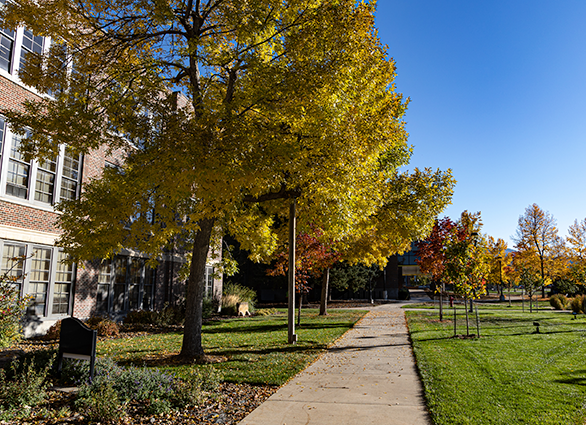
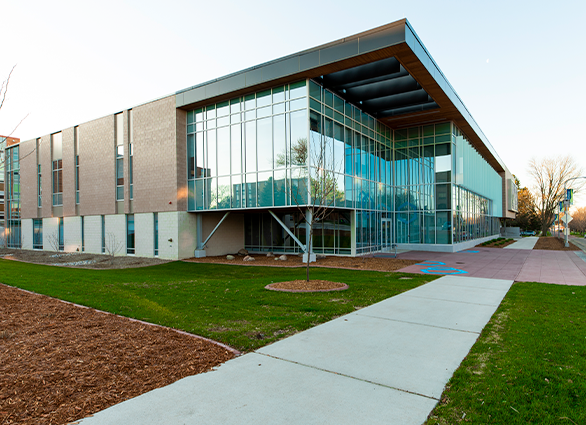
Dakota State University
The special focus of DSU is to provide instruction in STEM fields, such as computer management, computer information technologies, cyber security and related undergraduate and graduate degrees. DSU’s emerging research is propelling the workforce, economy, and student experience. Their actions in cyber security will protect and advance our state and country.
Northern State University
NSU offers graduate and undergraduate programs that promote excellence in teaching, support research and creative activities; while providing service to the state of South Dakota, the region, and the nation. NSU is recognized for its mission-driven expertise in E-learning and HyFlex Delivery, and provides quality programs through various flexible methods and scheduling options designed to accommodate students’ unique needs.
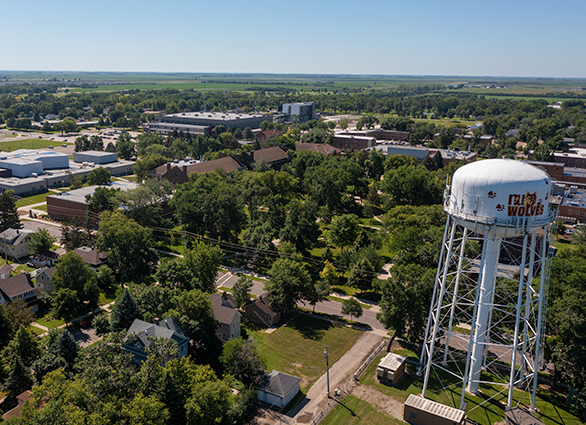
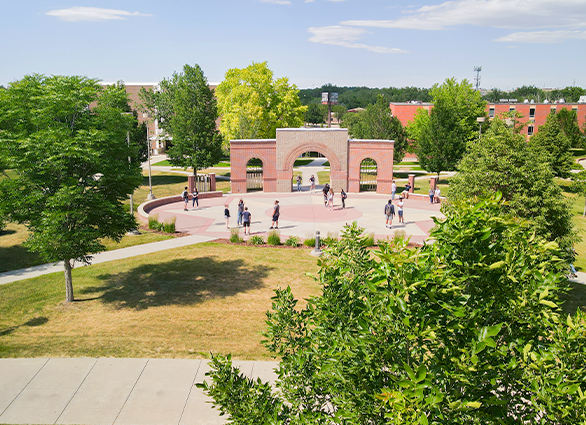
South Dakota Mines
South Dakota Mines is a residential campus with many in-person classes to promote hands-on learning. The university serves both traditional and non-traditional students at all academic levels. With a diverse student body consisting of people from nearly every state in the nation and over 40 countries, South Dakota Mines develops world-class leaders in science, technology, engineering, and mathematics (STEM) disciplines.
South Dakota State University
SDSU is a research university offering various undergraduate, graduate, and professional programs. Their basic and applied research and creative scholarly activities support a vibrant South Dakota economy, including analytical support for state and regional economic development initiatives. Their research enterprise includes, but doesn’t limit to, the South Dakota Agricultural Experiment Station and SDSU extension.
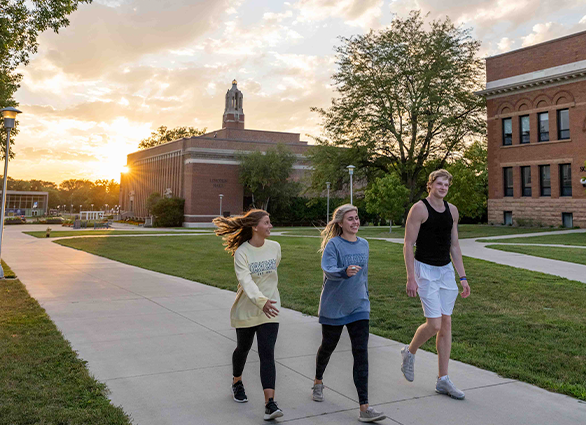
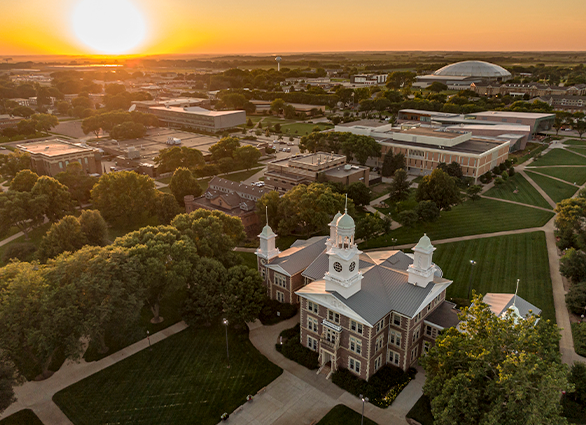
The University of South Dakota
The University of South Dakota promotes the research activities of their faculty, staff and students. Research universities have unique characteristics within the South Dakota System of higher education and are expected to generate significant extramural funding to support their research efforts. USD is the only university in South Dakota to offer professional degree programs in law, audiology, physical therapy, occupational therapy, physician assistant studies, and medicine.
South Dakota School for the Blind and Visually Impaired
The South Dakota School for the Blind and Visually Impaired is a K-12 accredited school by the South Dakota Department of Education that supports children with vision loss to access educational resources to prepare them for life. The school has a long-proven commitment to developing and using the best instructional practices and accommodations to educate students (up to age 21) who are blind and visually impaired.
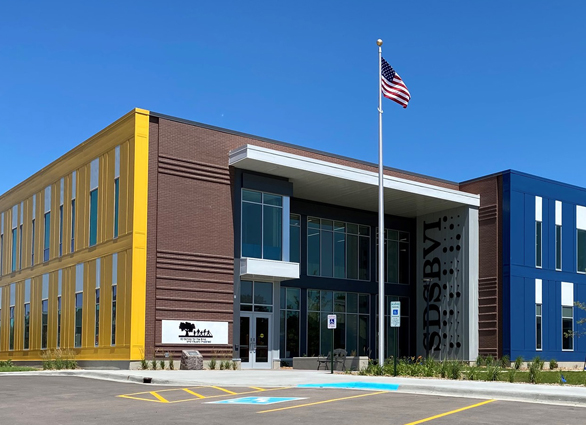
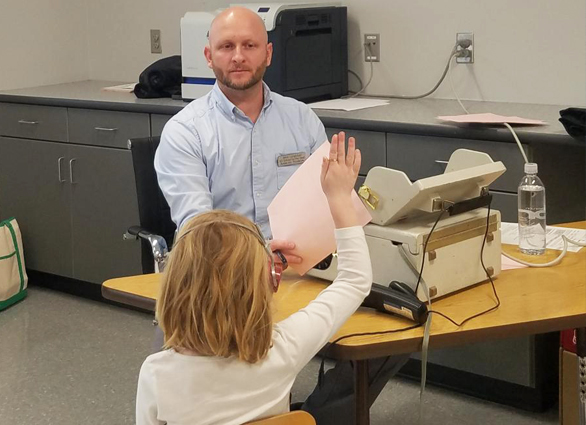
South Dakota Services for the Deaf
SDSD was established in 1880 and continues to provide educational and support services to students who are deaf and hard of hearing. SDSD’s mission is to be a partner in educational success for children from birth through high school graduation (or up to age 21). They serve as a resource by providing informed, evidence-based consultation to families, schools, and educational teams statewide.

